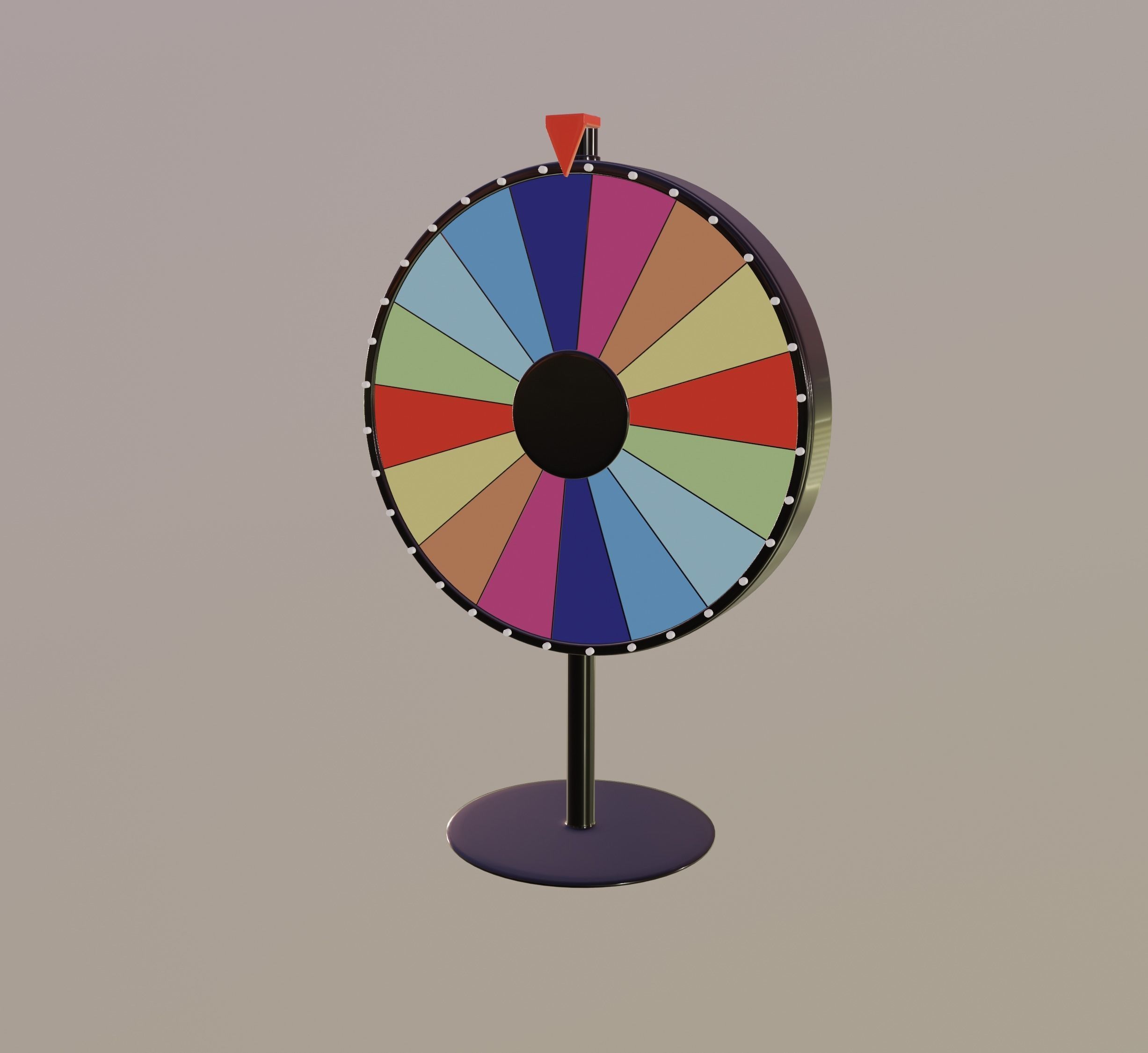Why The Rigged Wheel Spin Feels Unfair: A Comprehensive Guide
Table of Contents
- What is a Rigged Wheel Spin?
- How Does a Rigged Wheel Spin Work?
- Types of Wheels: Physical vs Digital
- The Psychology Behind Perceived Rigging
- Is It Really Rigged?
- How to Identify Rigged Wheels
- Fairness in Gambling: The Role of RNG
- Conclusion: What You Can Do
What is a Rigged Wheel Spin?
A rigged wheel spin refers to a game mechanism where the outcome of the spin is predetermined or manipulated to favor specific results. This concept is often associated with gambling and gaming, where players may feel that the odds are stacked against them. While some wheels are genuinely rigged, others may simply appear so due to the way probabilities are set up. For instance, in a digital wheel, the outcomes can be programmed to align with certain probabilities. This means that even though the wheel might show 16 segments, the chances of landing on a particular segment could be adjusted to increase or decrease the likelihood of winning.How Does a Rigged Wheel Spin Work?
To understand how a rigged wheel spin works, let’s break it down into its components:Physical vs Digital Wheels
- Physical Wheels: These are mechanical devices that rely on physical forces like momentum and gravity. While they can be tampered with (e.g., through weighted segments), they generally offer more transparency since players can observe the spin directly. - Digital Wheels: These are software-based simulations that use algorithms to determine outcomes. Developers can program these wheels to follow specific probability distributions, making them more flexible but also more susceptible to manipulation.Key Factors Influencing the Spin
- Random Number Generators (RNG): Most digital wheels rely on RNGs to ensure fairness. However, if the RNG is not properly implemented, it can lead to biased results. - Multiplier Mechanics: In some games, each spin is independent, meaning the result of one spin does not affect the next. For example, spinning three times on 1x will always yield results strictly for 1x, regardless of other multipliers.Types of Wheels: Physical vs Digital
The type of wheel used in a game significantly impacts the perception of fairness: - Physical Wheels: These are often found in casinos and board games. While they can be rigged through physical tampering, they generally provide a more tangible experience for players. - Digital Wheels: Common in online games and mobile apps, digital wheels offer convenience but can raise concerns about transparency. Players may feel uneasy if the wheel consistently lands on unfavorable outcomes.The Psychology Behind Perceived Rigging
Human psychology plays a crucial role in how we perceive fairness in games. Here are some factors that contribute to the perception of rigging: - Cognitive Bias: Players may remember losses more vividly than wins, leading to the belief that the wheel is rigged. - Confirmation Bias: If a player suspects the wheel is rigged, they may only focus on instances that confirm their suspicion, ignoring evidence to the contrary. - Variable Reward System: Games often use a variable reward system to keep players engaged. This means that wins are distributed unevenly, creating the illusion of randomness.Is It Really Rigged?
Determining whether a wheel spin is rigged requires careful analysis. Here are some indicators: - Consistent Outcomes: If the wheel consistently lands on specific segments, it may indicate rigging. - Unrealistic Payouts: Games with extremely high payouts or consistently low returns may raise red flags. - Transparency: Reputable developers and casinos often publish their RNG algorithms or undergo third-party audits to prove fairness.How to Identify Rigged Wheels
If you suspect a wheel spin is rigged, here are some steps you can take:Look for Patterns
- Keep track of your spins and note any recurring patterns. For example, if the wheel always lands on low-value segments, it might be worth investigating further.Check for Transparency
- Research the game developer or casino to see if they provide information about their RNG algorithms or undergo regular audits.Test the Game
- Play the game multiple times and record the outcomes. Compare your results with the stated probabilities to see if they align.Seek Community Feedback
- Join online forums or communities where players discuss their experiences with specific games. This can provide valuable insights into whether a wheel is rigged.Fairness in Gambling: The Role of RNG
Random Number Generators (RNGs) are the backbone of fairness in digital gambling. Here’s how they work: - How RNGs Work: RNGs generate a sequence of numbers that cannot be predicted, ensuring that each spin is independent and random. - Regulation and Audits: In many jurisdictions, RNGs must undergo strict testing and certification to ensure fairness. Reputable casinos and game developers often publish these results to build trust with their players. - Player Protection: Understanding how RNGs function can help players make informed decisions about which games to play and which operators to trust.Conclusion: What You Can Do
In conclusion, while some wheel spins may indeed be rigged, many are designed to follow fair probability distributions. By understanding the mechanics behind these games and staying vigilant for signs of unfairness, you can protect yourself from potentially rigged systems.Key Takeaways
- Physical vs Digital Wheels: Both types have their advantages and disadvantages. Physical wheels offer transparency, while digital wheels provide flexibility. - Psychology Matters: Cognitive biases can influence how we perceive fairness. Be aware of these biases when evaluating game outcomes. - Stay Informed: Research the games you play and look for evidence of fairness, such as RNG certifications and third-party audits. Finally, if you suspect a game is rigged, don’t hesitate to report it to the appropriate authorities or seek advice from the gaming community. By taking proactive steps, you can ensure a fair and enjoyable gaming experience.Call to Action
Did you find this article helpful? Share your thoughts in the comments below or explore our other articles for more insights into gaming and gambling. Together, we can create a more transparent and fair gaming environment for everyone.
Rigged Customizable Spinning Wheel | Decision Maker for Team Activities

Is 'Spin the Wheel' Rigged? — Plus, How to Get on the New Game Show

Wheel Spin